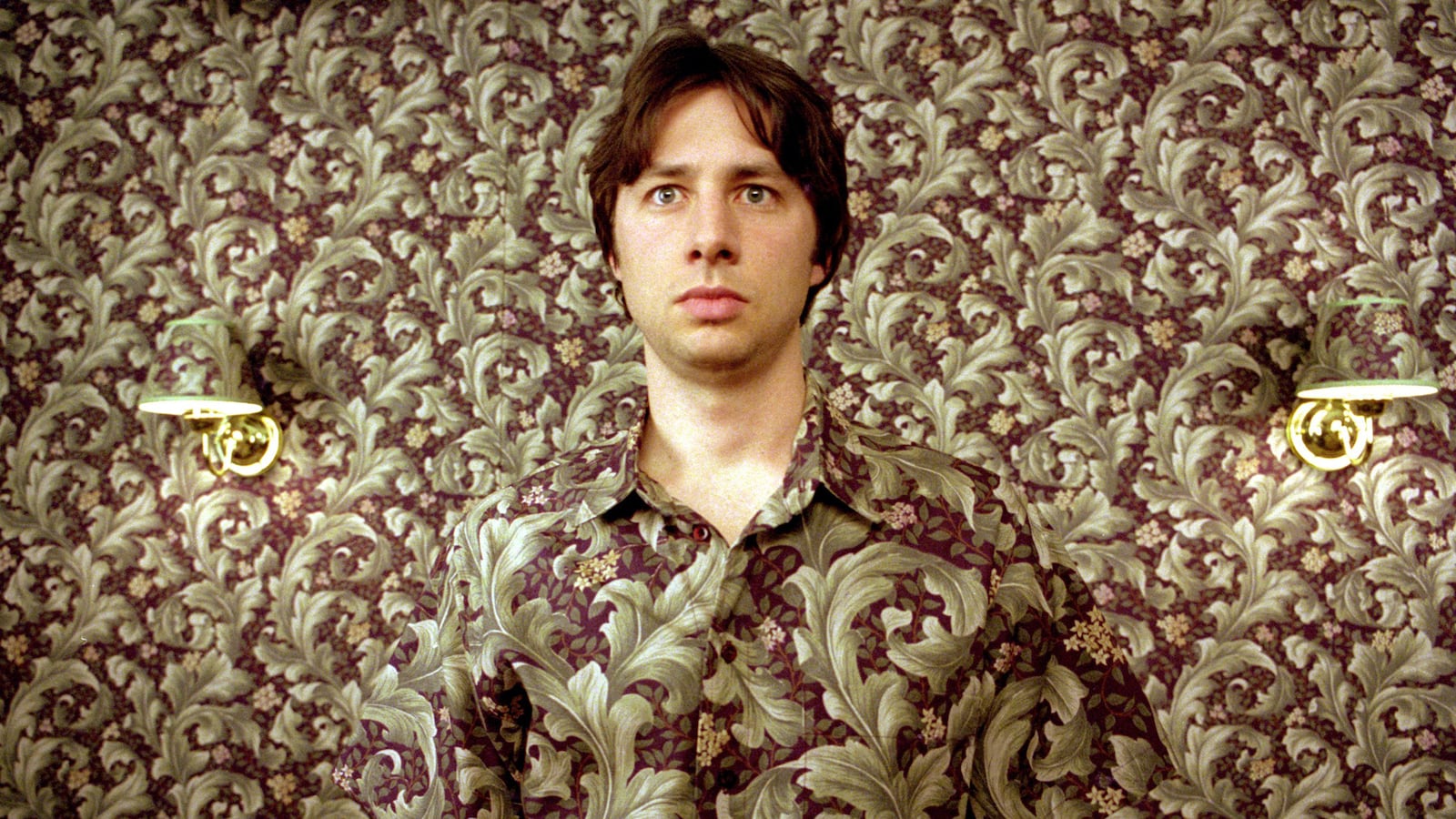The turf war for social media top dog has never been more ferocious, with new apps encouraging us to update the world on our lives’ minutiae being launched daily. But, mercifully, there’s a new creation willing us to embrace our anti-social sides: Cloak, the app that tells you where your friends are so that you can avoid them at all costs.

Cloak works by pulling in geo-data from people’s Instagram and Foursquare accounts, pinning users down to whichever street they’re posting from (and thereby enabling you to dodge them completely). The social-convention-crushing idea arose after co-creator Brian Moore inadvertently intercepted his ex-girlfriend four times in six months. Together with pal Chris Baker, the duo developed the app as a means of jumping on “the nascent trend of anti-social stuff. We wanted to put this out there and see how people took to it – and the response has been overwhelming. We posted the app to Facebook on Monday morning and since then, we’ve added over 100,000 users and hit the top 50 of the App store.”
The swollen belly of social media, over-stuffed with its likes, follows, and recommends, is lurching dangerously close to bursting point. A lot of these platforms do still serve a purpose – Facebook is that kind of lame cousin you hate but check in with every now and then to save face, and Twitter offers up good opportunities to show off to total strangers in bite-sized bursts, but the rest of them? No dice. It makes sense that companies want to ride on the wave of their forebears’ success, but introducing reams of knock-off crap apps probably isn’t the way to go about it.
With its impressive user figures, it seems like the world has been crying out for a Cloak – an excuse for us to stop pretending we actually like interacting with other humans and allow us to retreat into the socially awkward bubbles we’ve never truly shed. I mean, let’s be honest, who really enjoys running into the boy who used to pull your hair in third grade? Or your ex-boyfriend’s creepy work buddy? The answer, if we’re being truly honest with ourselves, is nobody. Because if you don’t care enough about somebody to willingly keep in touch with them, having them thrust upon you in the middle of a crowded street won’t be a particularly enjoyable experience.
“We’ve all adapted to a culture of sharing everything on the Internet, so Cloak just piggybacks on that, and offers a little privacy in the real world. It fits in quite perfectly,” muse Baker and Moore. And 23-year-old anti-socialite Emily Ray agrees: “This app is ideal. The deluge of social media sites now available to us means that every part of our lives is now up for grabs, and that everyone knows each other’s business. There are certainly a lot of people I’d love to steer clear of!”

A number of recently launched apps are claiming to emulate those same sentiments espoused by Cloak; a means of escaping the “share everything” mentality that’s become so intrinsic to Generation Y. But when you look a little closer, they too are simply trying to trade off of our apparent need for incessant public sharing – in spite of their claims to the contrary.
Take, for example, Hater App, which encourages you to just, y’know, hate stuff. Looking at it, though, it’s just a dollar store imitation of Facebook that takes any shred of positivity from the original and buries it under a pile of odious whining. A whole app dedicated to just complaining about stuff? These people have possibly uncovered the only way of actually making social media worse – by making every single share a complaint. I would upload my own grievance about how the app is essentially the most intolerably lame idea in human history (and I lived through the wallets-with-chains-attached era, kids), but they don’t deserve the satisfaction.
If anything, Whatsapp’s recent bank-busting sale and the number of apps that facilitate real-friends-only communication is an indication that online oversharing has hit boiling point, and that we’re trying to claw at least some shred of our lives back into the private arena. Cloak still has a long way to go – adding location data from the likes of Twitter and Facebook would definitely be a start – but at least it sticks to its misanthropic guns. And, in a culture programmed to share everything, that’s no mean feat.






